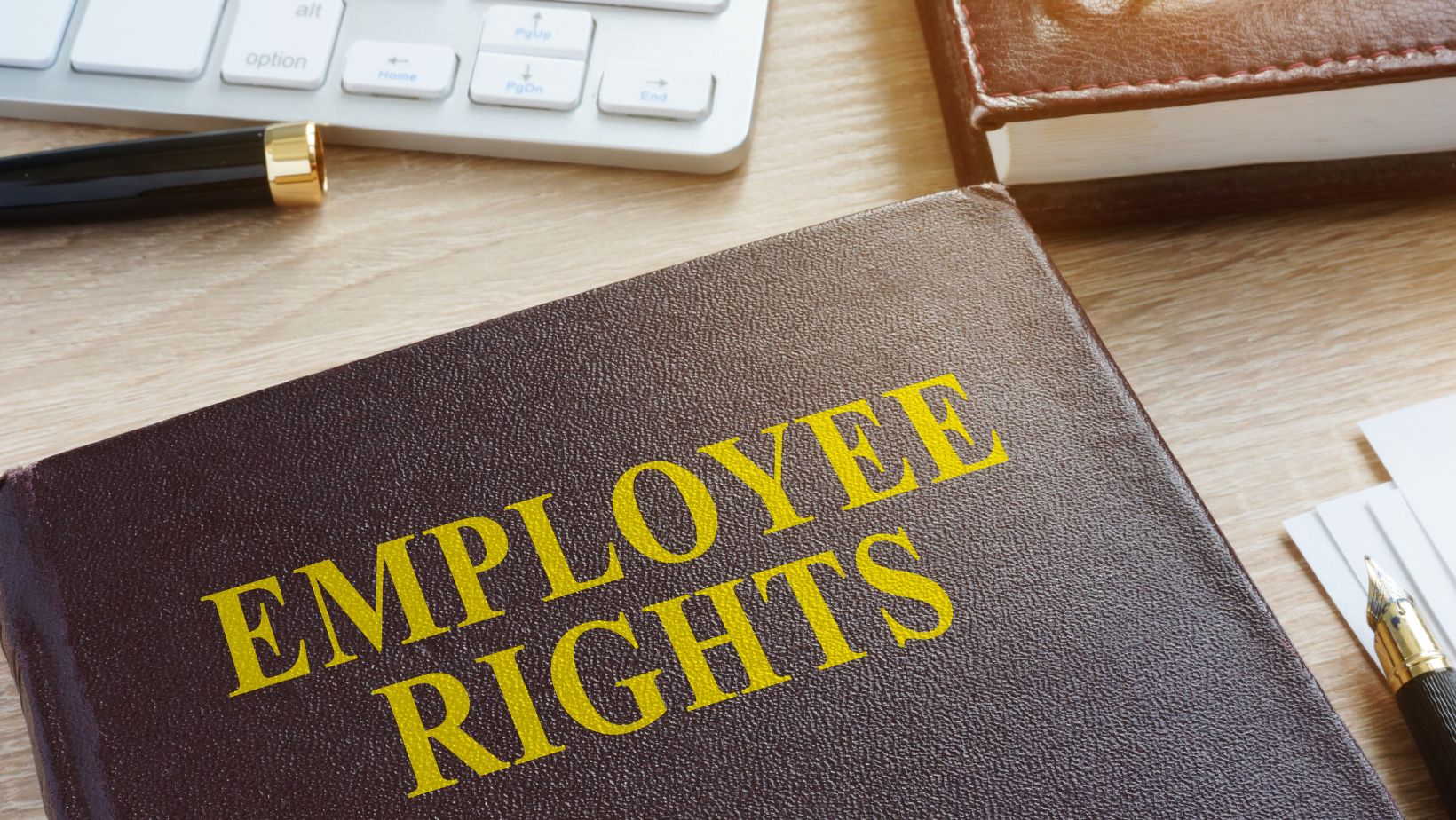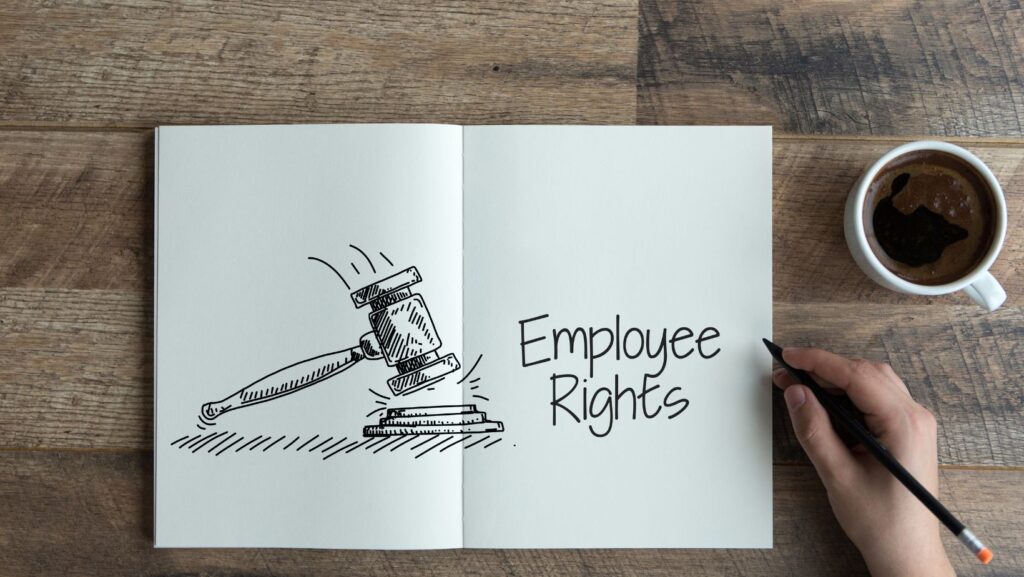The Rights Nobody Mentions During Orientation
My first week at a downtown café felt like a blur of espresso shots and sticky counters. Orientation lasted barely an hour. A manager rattled off dress-code rules, told us when we’d get paid, and waved a printed handbook that nobody read. Months later—after several double shifts and one odd break that split my day in half—I realized I’d left money on the table. California law actually grants a split-shift premium—an extra hour of pay whenever an employer schedules you in two distant blocks that leave a dead zone in between. The handbook never spelled that out, and nobody volunteered the information.
That discovery nudged me down a rabbit hole. I learned there were dozens of safeguards most folks never hear about in school or in onboarding sessions. If you ever feel that something’s off with scheduling, pay, or discipline, bookmark a reliable California employee rights resource while the facts are still fresh in your mind. Quick research—sometimes just ten minutes—can keep a small payroll quirk from snowballing into months of lost wages.
My friends in other fields share similar stories. A lab tech in Sacramento was stunned to learn she could use paid sick leave to care for her grandma, not just herself. A logistics coordinator in Anaheim thought he was stuck paying for a mandatory phone app until a colleague showed him Labor Code §2802. Every industry has hidden corners; once you see them, it’s hard to un-see how much protection is quietly built into California labor law.
Wages & Hours: Hidden Pay Protections
Overtime is the obvious layer—then it gets interesting. Most employees know they earn time-and-a-half after eight hours in a day and double time after twelve. But consider Jorge, a line cook I worked with in Fresno. Management often gave him a 10 a.m.–2 p.m. lunch rush, sent him home, and called him back for the 6 p.m.–10 p.m. dinner crush. That four-hour gap cost him gasoline and daylight, yet the schedule never triggered overtime. What it did trigger was the split-shift premium, worth an extra hour at the highest applicable minimum wage—local or state—each day the split occurred. (Department of Industrial Relations) When Jorge finally raised the issue, payroll cut him a retroactive check that nearly covered a month’s rent.

Minimum wages climb on parallel tracks. As of January 1, 2025, the statewide floor is $16.50 per hour for all employers. If you flip burgers, the bar jumps to $20 under AB 1228, the fast-food law that took effect in April 2024. Health-care staff see another track entirely: SB 525 phases their base pay toward $25 depending on facility type and size. These overlapping layers matter, especially if you switch sectors. I’ve watched roommates leave hospitality for hospital kitchens because the wage floor alone added $4 an hour before overtime even kicked in.
Off-the-clock work isn’t volunteer time. California’s Supreme Court underscored that point in Troester v. Starbucks. The plaintiff spent minutes after every shift setting the alarm and walking co-workers to their cars; Starbucks argued it was “de minimis.” The Court disagreed, ordering compensation for all those slivers of unpaid labor. If your time-tracking system rounds in favor of the house, or if you routinely read work emails before bed, those minutes add up—and the law says they’re payable.
A deep-dive we published at Something New Now—When Does an Employee Need an Employment Lawyer?—walks through pay-stub audits step by step, including how to document gaps before presenting them to HR. Workers who raise issues early often resolve them informally; once attorneys or state agencies enter the chat, penalties escalate quickly.
Speaking Up Without Getting Shut Down
Whistleblowing is a right, not a gamble. California Labor Code §1102.5 protects employees who disclose or may disclose suspected legal violations to a supervisor, government agency, or public body—even if that disclosure falls squarely within their job duties. Savannah, a safety technician at a Long Beach warehouse, learned this the hard way. Reporting faulty forklifts was literally in her job description, yet her hours plunged after she filed a formal memo. She documented every schedule change and pay cut, then filed a Labor Commissioner claim. The company settled within weeks, restoring her hours and covering lost wages.
Retaliation wears camouflage. After a complaint, exclusion from key meetings, icy performance reviews, or sudden schedule changes can hint at punishment. Courts scrutinize timing—Savannah’s precipitous drop in shifts within a month of her memo was classic evidence. Keeping a diary pays off. A dated note—“July 3: removed from forklift inspection rotation without explanation”—carries weight when HR later claims it was all coincidence.
Collective chatter is protected, union or not. Two warehouse pickers in Modesto once asked me whether discussing pay on Slack could get them fired. The answer: absolutely not. Federal law shields “concerted activities” aimed at improving work conditions, and California echoes that protection. They printed the statute, pinned it near the time clock, and their raises followed two pay cycles later. The story appears in our remote work compliance guide, which spells out how these same principles extend to digital workplaces—yes, even emoji-filled group chats.
Leaves You Probably Never Claimed
Five paid sick days are just the baseline. When Assembly Bill 616 took effect on January 1, 2024, paid sick leave climbed from three to five days (or 40 hours) statewide. Employers must let unused hours roll over—up to at least ten days—unless they front-load each January. Isabella, a retail supervisor in Santa Cruz, was unaware of the rollover rule until her toddler caught RSV. HR initially approved only two days. She cited the statute, got all five, and avoided unpaid leave while caring for her son.
*Kin-care and bereavement rules feel human. California’s “kin-care” law lets you apply up to half of your sick-leave balance to a family member’s needs. Separate bereavement leave grants up to five protected days after the death of a close relative; some cities even require those days be paid. A funeral, especially one requiring travel, already drains emotional reserves—fighting payroll shouldn’t be part of the grief process.
Voting and civic duty come with pay protection. The Elections Code guarantees up to two paid hours to vote if your shift would otherwise prevent it. Jury duty is similarly protected. I once served as juror #6 on a two-week trial; the bailiff’s crisp uniform and courthouse acoustics made every sidebar echo like a secret. My employer tried to dock PTO. A quick screenshot of Elections Code §14000 ended that conversation.
Our pregnancy-rights explainer—Can My Employer Fire Me While I’m Pregnant?—dives deeper into how state disability leave, federal FMLA, and Pregnancy Disability Leave (PDL) interlock. Understanding which law applies can shield you from dismissal during one of life’s most vulnerable chapters.
Privacy, Tech, and the Modern Workplace
Surveillance isn’t a free-for-all. California’s constitution embeds a right to privacy that courts weigh against business needs. Secret audio recordings without mutual consent violate Penal Code §632, and cameras in locker rooms are flat-out illegal. I once toured a distribution center that posted bright orange signs: “Audio recording in use.” They weren’t just being polite; they were avoiding felony exposure.
Time-tracking apps must be on the clock. During the pandemic, a marketing agency required staff to install a keystroke monitor that logged activity—even during unpaid lunch breaks. When designers complained, the firm argued installation was “optional,” though refusing meant missing deadlines. California’s Labor Commissioner has cited employers who collect such data without paying for the time employees spend interacting with the software. The lesson: if an app benefits the company and intrudes on your off hours, the company pays.
BYOD doesn’t mean BYO-expenses. Labor Code §2802 obligates businesses to reimburse “necessary” expenses—including part of your cell or home-internet bill—when the company benefits. A friend in tech support kept meticulous spreadsheets of his extra mobile data following a shift to remote work. Submitting those logs felt awkward at first, but accounting eventually issued a monthly stipend that covered the added cost. Sensory win: hearing the ping of that reimbursement notification never gets old.
Use These Rights Before You Lose Them
California’s labor code can feel like a maze, yet each provision tells a story about dignity—giving workers room to heal when sick, freedom to report hazards without fear, and compensation for every sliver of labor they provide. Once you get in the habit of cross-checking your pay stub against state rules or asking where your split-shift premium went, you’ll spot gaps quickly. Some issues resolve over coffee with HR; others may warrant outside help. Either way, knowledge turns quiet frustrations into solvable problems. And that, as Jorge likes to say while clocking out on the clock, “is money in your pocket, not theirs.”
